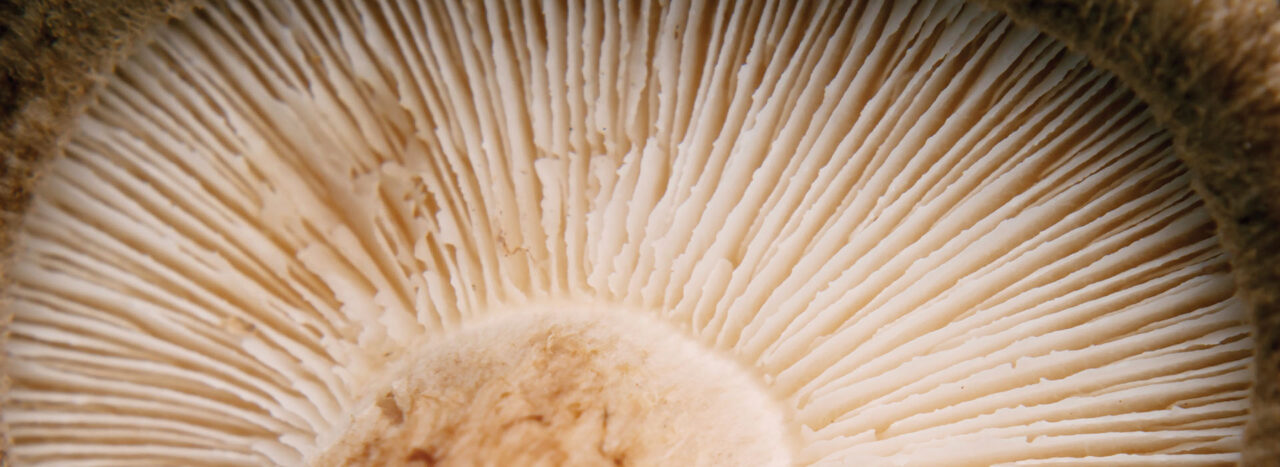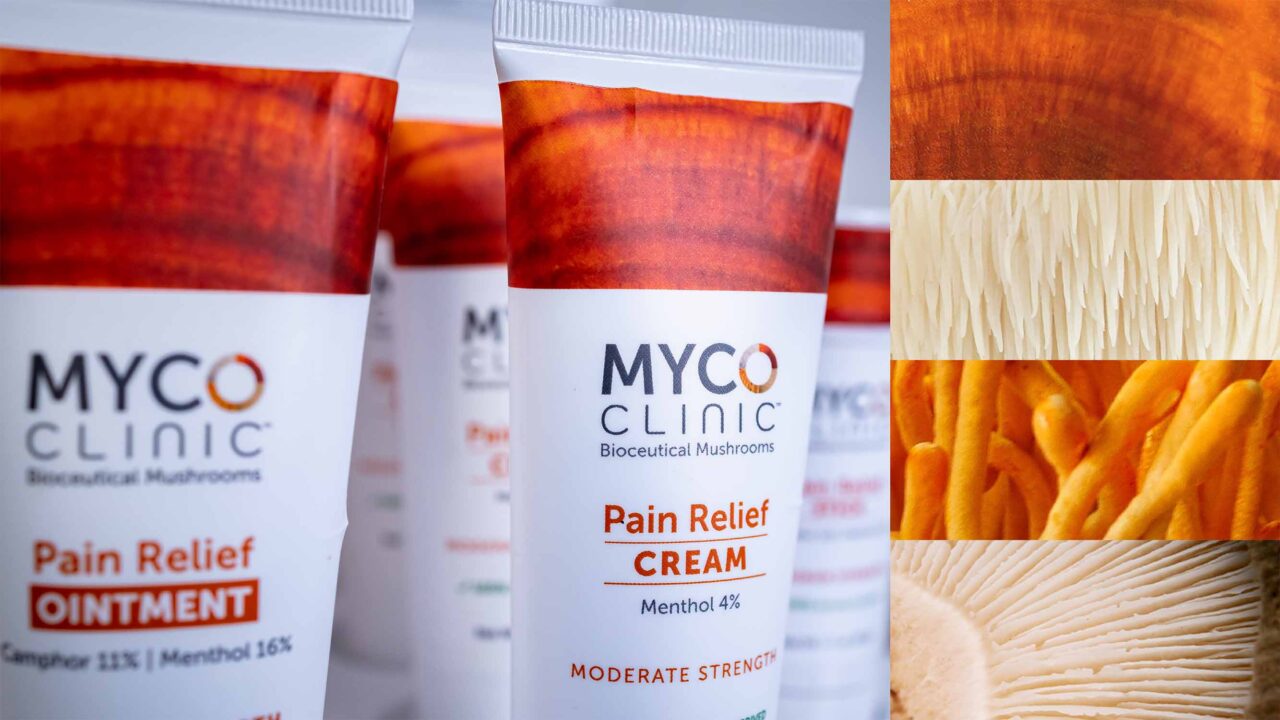Mushrooms have been an integral part of Traditional Chinese Medicine (TCM) and other traditional healing practices for over 2000 years. These were used to balance the body and to support various organs and bodily functions. In recent years, Western researchers have taken an interest in functional mushrooms and have been studying their potential therapeutic benefits. This research has supported much of the traditional knowledge that has developed over the centuries.
Functional mushrooms are nutrient-rich, full of antioxidants and other beneficial compounds, and have significant therapeutic potential.
Over 2000 known types of mushrooms exist in the wild, but only a handful of them are recognized for their therapeutic potential. Even though there are not many species of functional mushrooms, their applications are vast; University professor and renowned mycologist Dr. Solomon Wasser has indicated that there are more than 130 therapeutic functions of these potent fungi.
Functional mushroom properties

Various functional mushrooms have been shown to possess many beneficial properties, including but not limited to:
- Anti-inflammatory
- Antioxidant
- Antinociceptive
- Immunomodulatory
- Neuroprotective
- Adaptogenic
- Hepatoprotective
- Antidiabetic
- Apoptotic
- Humectant
Research is ongoing into the varied applications of functional mushrooms. including their on anti-inflammatory effects and neurodegenerative conditions, among others.
Functional Mushroom Nutrients
Functional mushrooms are nutrient-dense powerhouses.
- Mushrooms contain complex carbohydrates. Mushrooms contain trehalose and mannitol natural sugars, fiber, and polysaccharides such as beta-glucans, glycogen, hemicelluloses, chitin, and pectic substances.
- Mushrooms are a rich source of antioxidants. They contain a range of antioxidants such as beta-carotene, choline, selenium, lutein, lycopene, vitamin A, vitamin C, vitamin E, and polysaccharides.
- Mushrooms provide B vitamins. Functional mushrooms contain thiamine (B1), riboflavin (B2), niacin (B3), pantothenic acid (B5), folic acid (B9), and even cobalamin (B12).
- Mushrooms are packed with essential minerals. Mushrooms contain magnesium, selenium, phosphorus, calcium, iron, copper, and potassium.
Research is ongoing into the varied applications of functional mushrooms. Including their anti-inflammatory effects and neurodegenerative conditions, among others.
Traditional Functional Mushroom Treatments

Functional mushrooms have been used medicinally for centuries. People have used them to make tinctures, capsules, and oils; they have consumed them whole or powdered. They have also been used topically as salves, ointments, or creams.
Western Pharmacological Use of Mushrooms

β-glucan polysaccharide
Mushroom extracts have been instrumental in the creation of powerful and life-saving medications. Fungi-derived medications include:
- Penicillin: Penicillium fungi produced a compound that gave birth to this groundbreaking antibiotic.
- Cyclosporine: Cyclosporine is one of the first immunosuppressant drugs to prevent transplant rejection. The active ingredient is derived from Tolypocladium inflatum gams, the anamorph or asexual stage of the Cordyceps mushroom.
- Statins: Statins are cholesterol medications originally formulated with extracts from Aspergillus terreus.
There are a number of studies that have shown exciting anti-inflammatory benefits of functional mushrooms. These studies have shown mushrooms to be potential treatments for musculoskeletal and inflammatory conditions such as arthritis and joint inflammation. As most anti-inflammatory medications are either NSAIDs or steroids, which carry risks of harm with extended use, it would be of great benefit to people who suffer from these conditions to have a safe alternative medication. As mycological research continues, increasing knowledge and understanding of functional mushrooms is expected to result in increasing support for their use as therapeutic agents.

Disclaimer: This article is for educational purposes only. This article and our products are not intended to diagnose, treat, cure, or prevent any disease.
